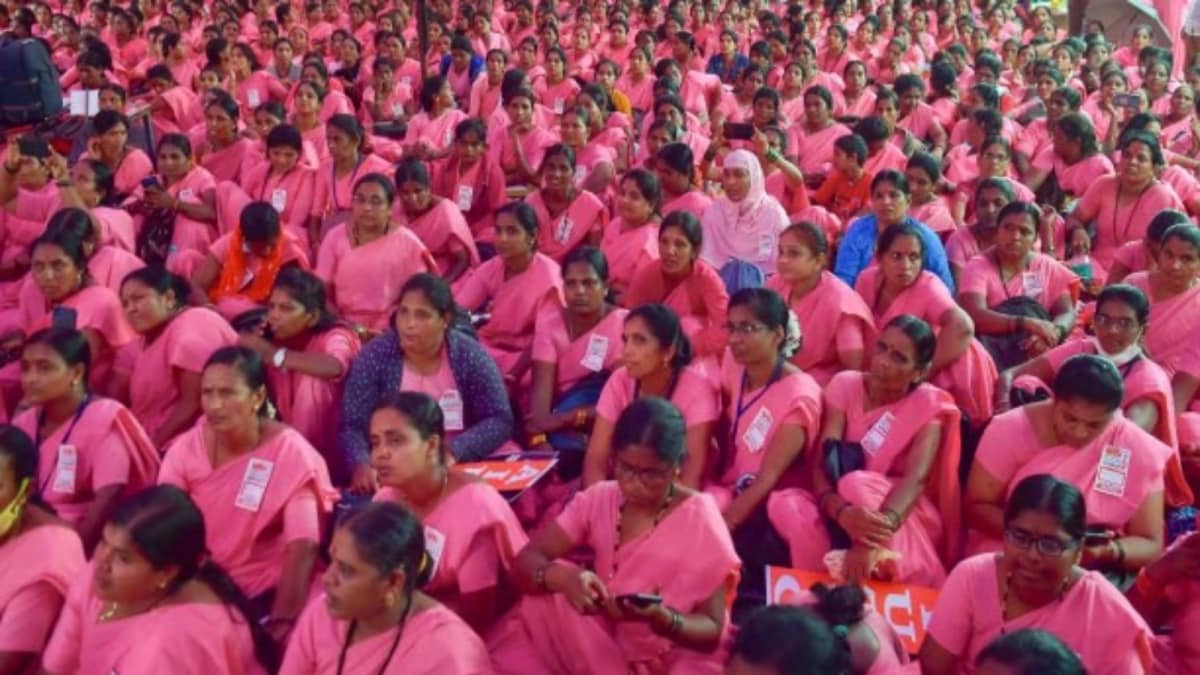High Earners Opting Out of Private Health Cover: Is Paying Tax the Easier Choice?

A growing number of high-income Australians are making a surprising financial decision: choosing to pay the Medicare Levy Surcharge rather than invest in private hospital cover. This trend, dubbed the rise of 'conscientious objectors' within the healthcare system, highlights a complex interplay of cost, perceived value, and individual circumstances.
The Numbers Don't Lie
Recent data reveals that nearly 600,000 Australians earning above a certain threshold are foregoing private health insurance. The Medicare Levy Surcharge is an additional tax levied on high-income earners who don't hold a private hospital policy. The rationale behind the surcharge is to encourage greater private health insurance uptake, easing the burden on the public healthcare system. However, for some, the cost of private insurance simply outweighs the perceived benefits.
Why the Shift?
Several factors contribute to this trend. The rising cost of private health insurance premiums is a significant driver. Premiums have been steadily increasing, often outpacing wage growth. For high-income earners, particularly those in good health, the prospect of paying substantial premiums for a policy they may rarely use becomes less appealing. They calculate that paying the Medicare Levy Surcharge is, in their specific situation, the more financially advantageous option.
Another consideration is the complexity of private health insurance policies. Understanding the fine print, exclusions, and waiting periods can be daunting. Many high-income earners, busy with their careers and finances, simply lack the time or inclination to navigate the intricacies of the system.
Furthermore, some individuals question the value proposition of private health insurance. They believe the public healthcare system, despite its challenges, provides adequate care, and they are willing to accept potentially longer wait times for elective procedures in exchange for avoiding the ongoing expense of private insurance.
The Impact on the Healthcare System
This growing cohort of 'conscientious objectors' raises concerns about the long-term sustainability of the Australian healthcare system. While the Medicare Levy Surcharge is intended to incentivize private insurance, the opposite effect is being observed. A decline in private insurance uptake could place greater strain on public hospitals and increase wait times for all Australians.
Government Response and Future Outlook
The government is acutely aware of this trend and is exploring potential solutions. Options being considered include reviewing the Medicare Levy Surcharge thresholds, increasing subsidies for private health insurance, and simplifying policy offerings to make them more accessible and understandable. However, any changes will need to carefully balance the competing objectives of encouraging private insurance uptake, ensuring affordability, and maintaining a sustainable healthcare system for all.
Ultimately, the decision of whether to hold private health insurance is a personal one. However, the growing number of high-income earners opting out highlights the need for a serious re-evaluation of the current system and a commitment to finding solutions that make private health insurance more attractive and accessible to all Australians.
What does this mean for you? Regardless of your income bracket, understanding your healthcare options and making informed decisions is crucial. Consider your individual circumstances, health needs, and financial situation when deciding whether private health insurance is right for you.

:max_bytes(150000):strip_icc()/GettyImages-953147476-0602dfd373604d079ac82b135c3b78ec.jpg)




